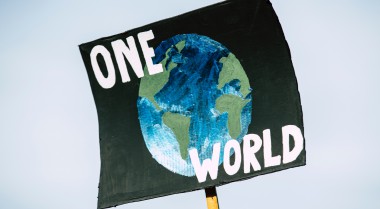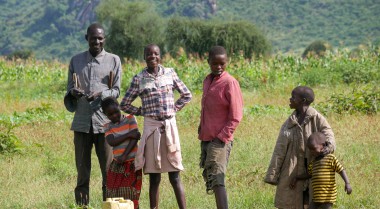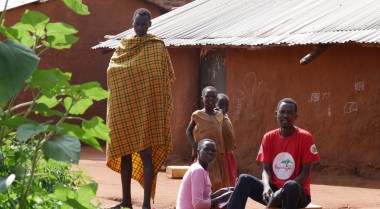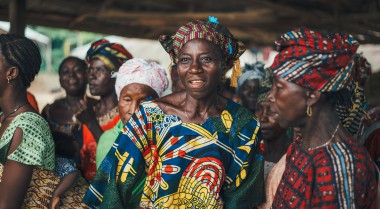
Localising climate and security through a people-centred approach
Local peacebuilders have long recognised and highlighted to decision-makers that climate change can magnify risks to human security, and undermine peace and development.
The growing body of evidence shows that the pathways through which climate change can contribute to insecurity are complex. However, most of this evidence and the associated policy discussions around climate and security are taking place at the global level or regionally. Yet we must address climate and security challenges locally, as their impact is highly context-driven. If we fail to localise climate security, we will fail to respond to the needs for local capacity-building and adaptation. Additionally, decision-makers at higher governance will invest time and resources in designing ineffective initiatives, or even, in the worst-case scenarios, implementing misguided responses that exacerbate instability, conflict and violence.
Developing a guidance note to identify and prioritise local risks
The experiences at the local level must be documented, studied, and used as input to influence national, regional, and global policy. A localised climate-sensitive risk assessment is a useful tool to help identify and prioritise risks (on a local level), which can in turn help drive targeted action and investment in adaptation. Conducting a climate-sensitive risk assessment at the local level also supports localisation which aims to ensure that those who are most affected by the risk, have the necessary space, power, resources, and capacities to contribute to decisions that touch them.
For local peacebuilders to conduct a climate-sensitive risk assessment, with the support of UNDP, we joined forces with Plataforma CIPÓ, a Brazil-based think tank to develop a step-by-step Guidance Note for local community leaders and activists on how to identify and assess risks related to climate and security, as well as how to communicate these findings to policymakers.
The Guidance Note is mainly written for local climate and peacebuilding experts. It will share all the necessary steps to carry out a local risk assessment.
Piloting the guidance note in Uganda, Zimbabwe, and Mozambique
The Guidance Note will be piloted in three geographically diverse countries Uganda, Zimbabwe and Mozambique where local community structures for instance in form of peace communities and peace councils are already in place to support climate-sensitive risk assessments. The learning from these pilots will inform and finalise the Guidance Note that all relevant stakeholders at the local, national, regional and global levels can benefit from and inform their own thinking.
This project is led by experts from and located in the Global South, especially from different regions of Africa and from Latin America and the Caribbean, therefore representing a product of South-South collaboration.
For more details about our work on climate change and peacebuilding, please get in touch with Johanna Hilbert at j.hilbert@gppac.net



